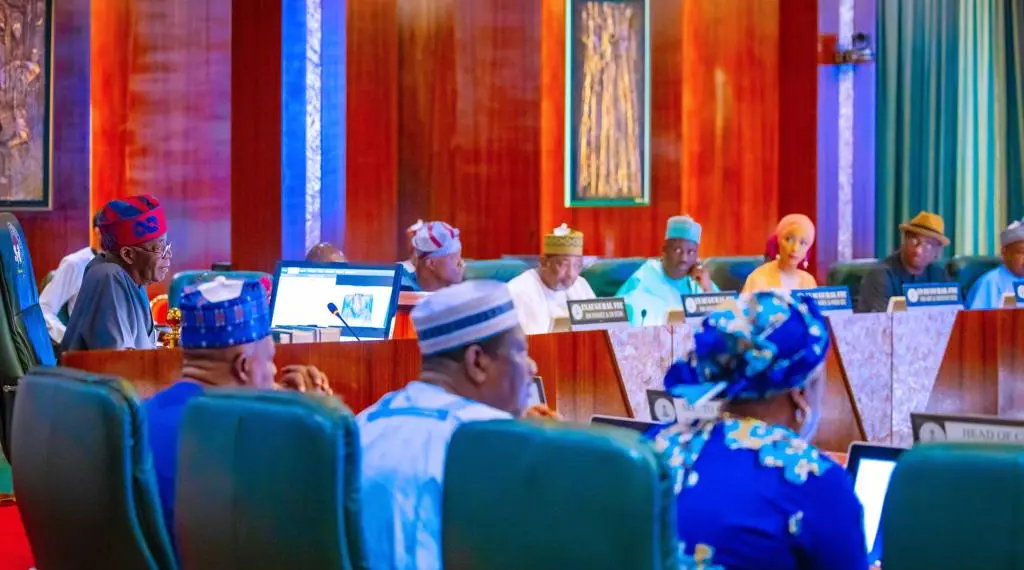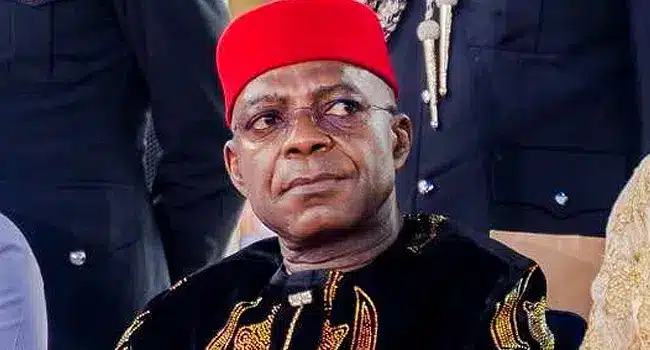Cuba is seeking more support and solidarity from Nigeria and other countries of the world to put pressure on the United States of America (US) to end its 64-year-old blockade and economic sanctions on the Island country.
The Ambassador of Cuba to Nigeria, Miriam Morales Palmero, made the plea during a press conference in Abuja ahead of the vote against the US blockade scheduled to take place at the United Nations General Assembly (UNGA) on October 29, 2024.
This is even as she expressed optimism of Nigeria’s continued support for her country and exuded confidence that with the support of other countries in Africa, Europe, Latin America, Asia and Middle East, her country will be free from the blockade.
The Cuba envoy decried the injustice of the prolonged blockade policy put in place in 1960 by the US on Cuba, stressing that it has made negative impacts in various sectors of the Cuban political, social and economic life, calling for immediate lifting of the blockade against her country.
She noted that the US government started the blockade on March 14, 1958, when it banned weapons sale to Cuba via an arms embargo and later extended to a bigger ban on all exports to Cuba, food and medicine excluded.
“In 1962, during the Cuban Missile Crisis between the US and the Soviet Union, Cuba held nuclear weapons on behalf of the Soviet Union leading to a full- scale blockade on the Cuban island. The actions of the US have led to the UN having annual resolutions to dispel the blockage since 1992, this year’s resolution being on the 29th of October,” she said.
The Ambassador covered various economic and social impacts of the blockade on Cuba which include that the blockage prevents the US from trading with Cuba, greatly limiting Cuba’s access to goods, services and technology such as food, medical aid and the country’s ability to generate revenue.
“Furthermore, with many countries being allied with the US, fearing the repercussions that might come with trading with Cuba, foreign investments and trades with Cuba are severely limited.
“Although Cuba has a wonderful health care system, this blockage limits the country’s access to medicine leading to the inability to properly care for its citizens in times of health crises,” she said.
Ambassador Palmero said that Cuba has lost billions of dollars in various sectors due to the blockade, adding that regional responses from Latin America countries, the Caribbean community and the European Union have been expressly on the side of Cuba, all calling for the end of the embargo.
She noted that her country has survived these years of blockade because of the courage and resilience of its people and the determination of successive leaders of the country from Fidel Castro to Raul Castro and to the current President Miguel Diaz- Canel.
She said “Countries like China and Russia still show their willingness to invest in Cuba even though they receive backlash from the US. Many other countries have proclaimed a strong diplomatic relationship with Cuba, Nigeria included and the number of these countries is over 180.
“Moreover, various international NGOs have protested against the blockage stating that it has negative humanitarian impacts.”
She pointed out that Cuba is making spirited efforts to counteract the effects of the blockade while it struggles to form strong alliances globally, adding that it still sought to establish diplomatic relationships with China, Russia, Nigeria and other European countries.
She said “the government has focused on exporting medical supplies, biotechnology etc to these various countries.
“To fight against the food shortages caused by the blockage, Cuba has focused on organic farming and sustainable practices to ensure maximum efficiency and food security leasing to the country not having to depend entirely on other countries and organizations for food.
“Furthermore, Cuba actively promotes its culture with the help of globalization through: music, arts and even food leading to a strong cultural exchange enhancing its global image.”
She noted that Cuba has always been willing to negotiate with the US on how to end the blockade but insisted that her country will not allow any form of dictation from the US.

 2 hours ago
1
2 hours ago
1















 English (US) ·
English (US) ·